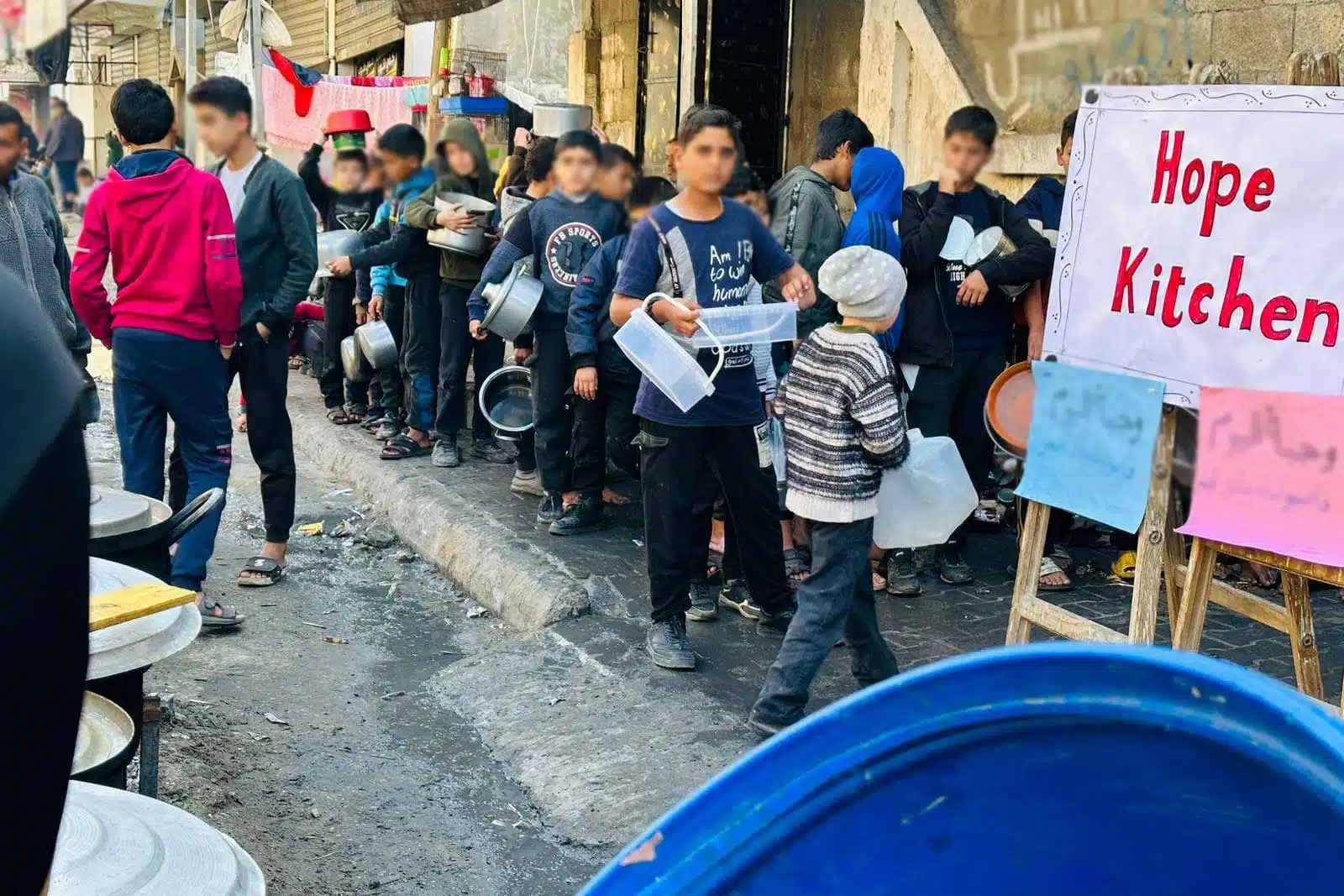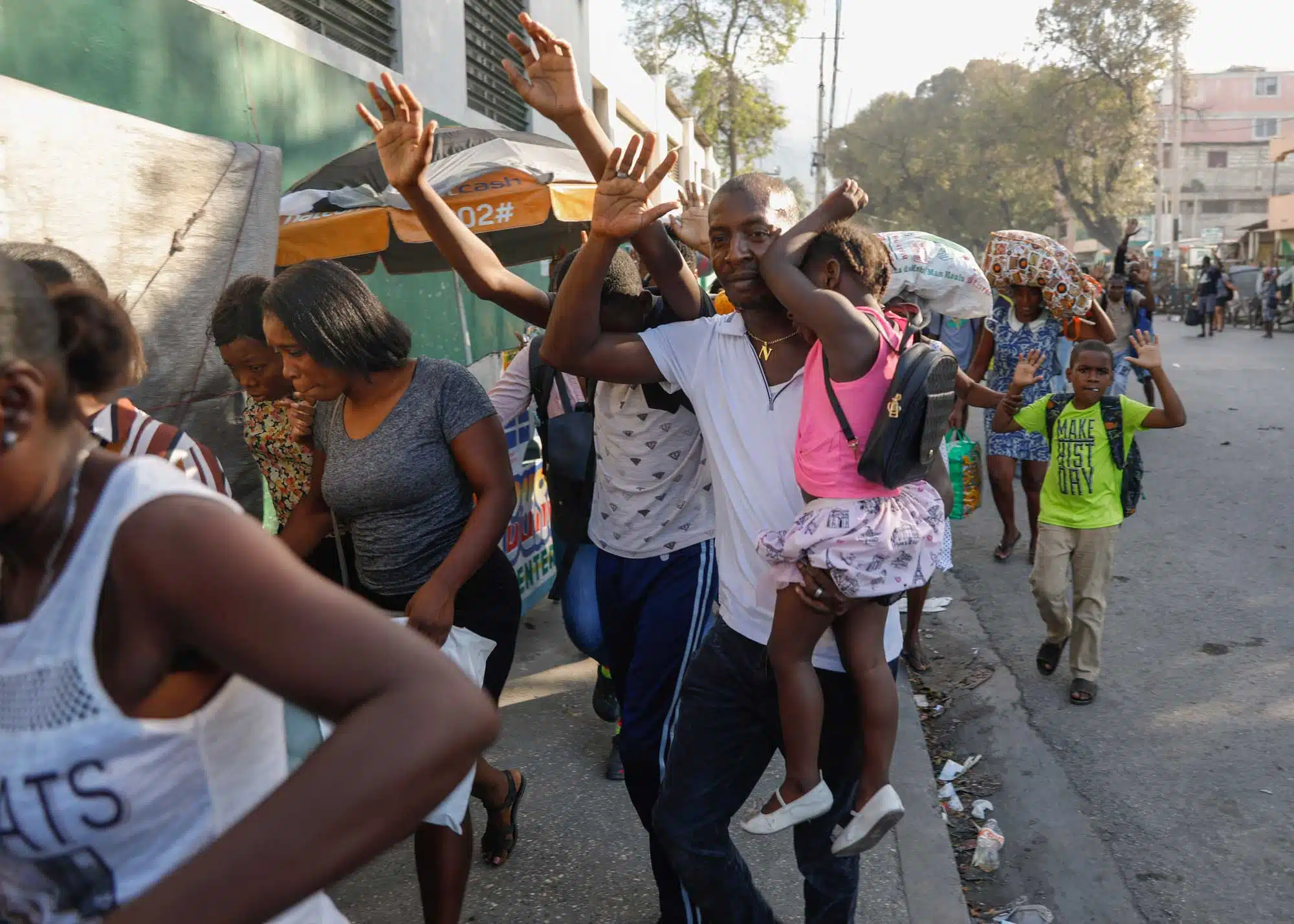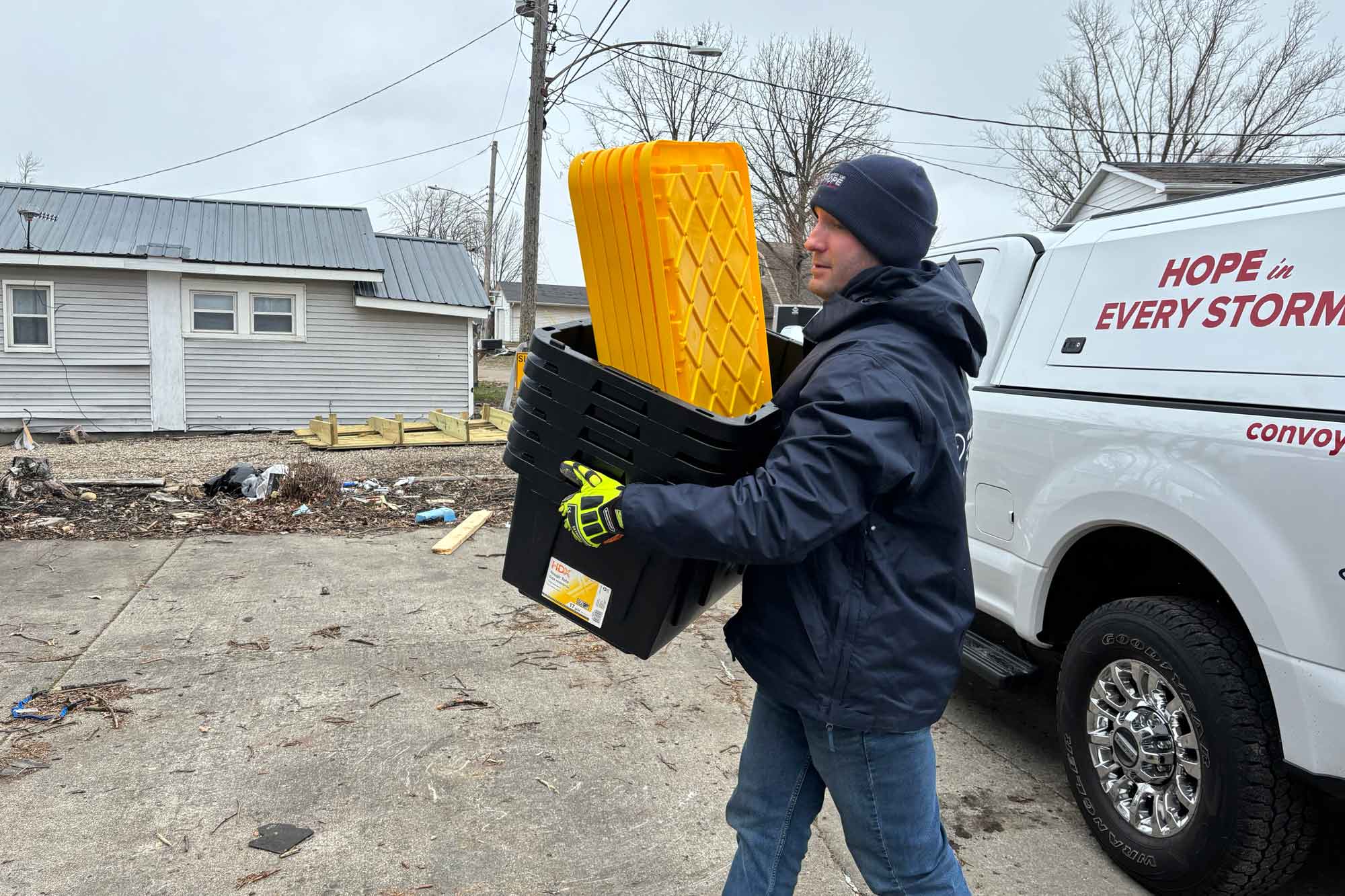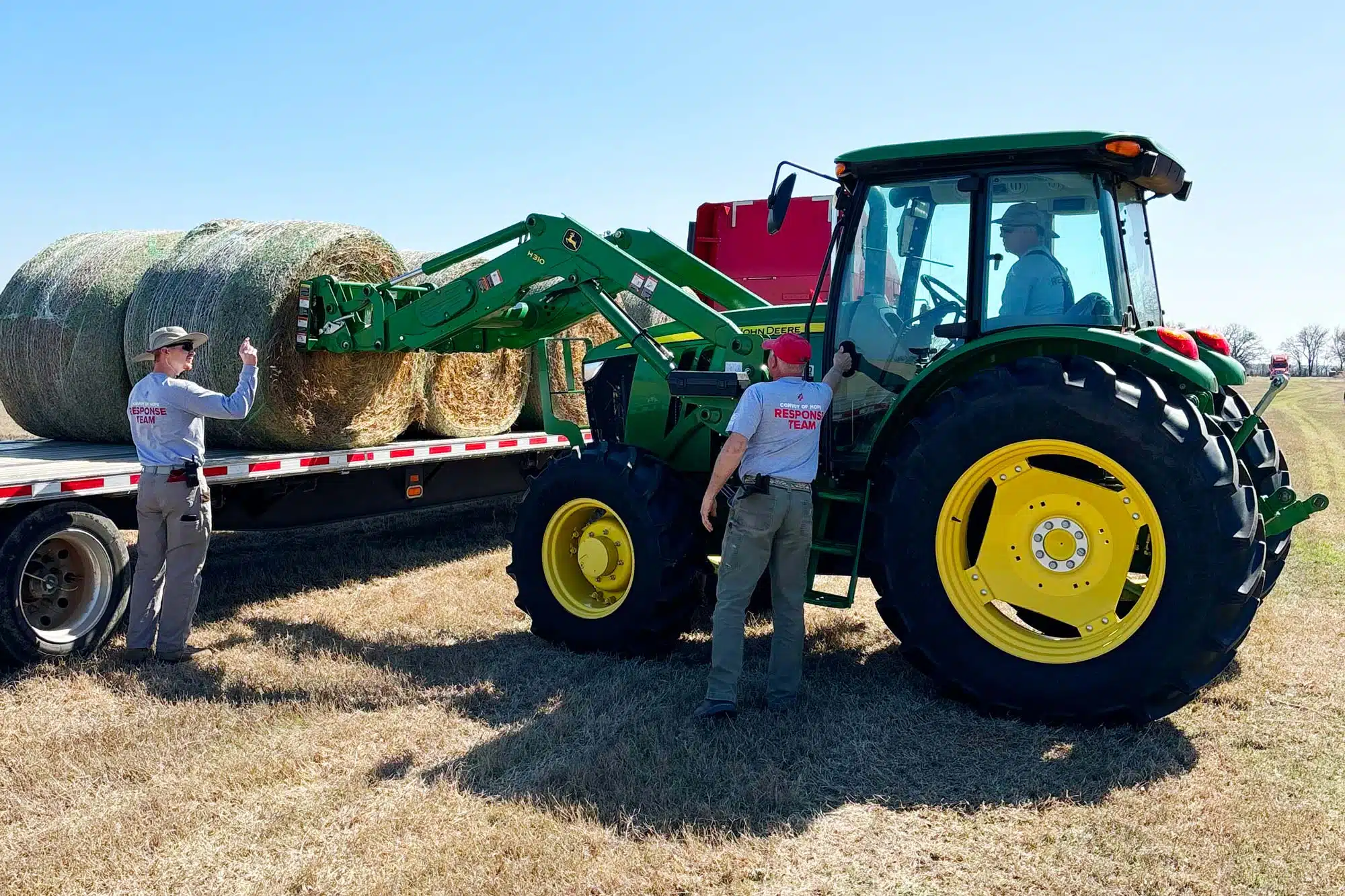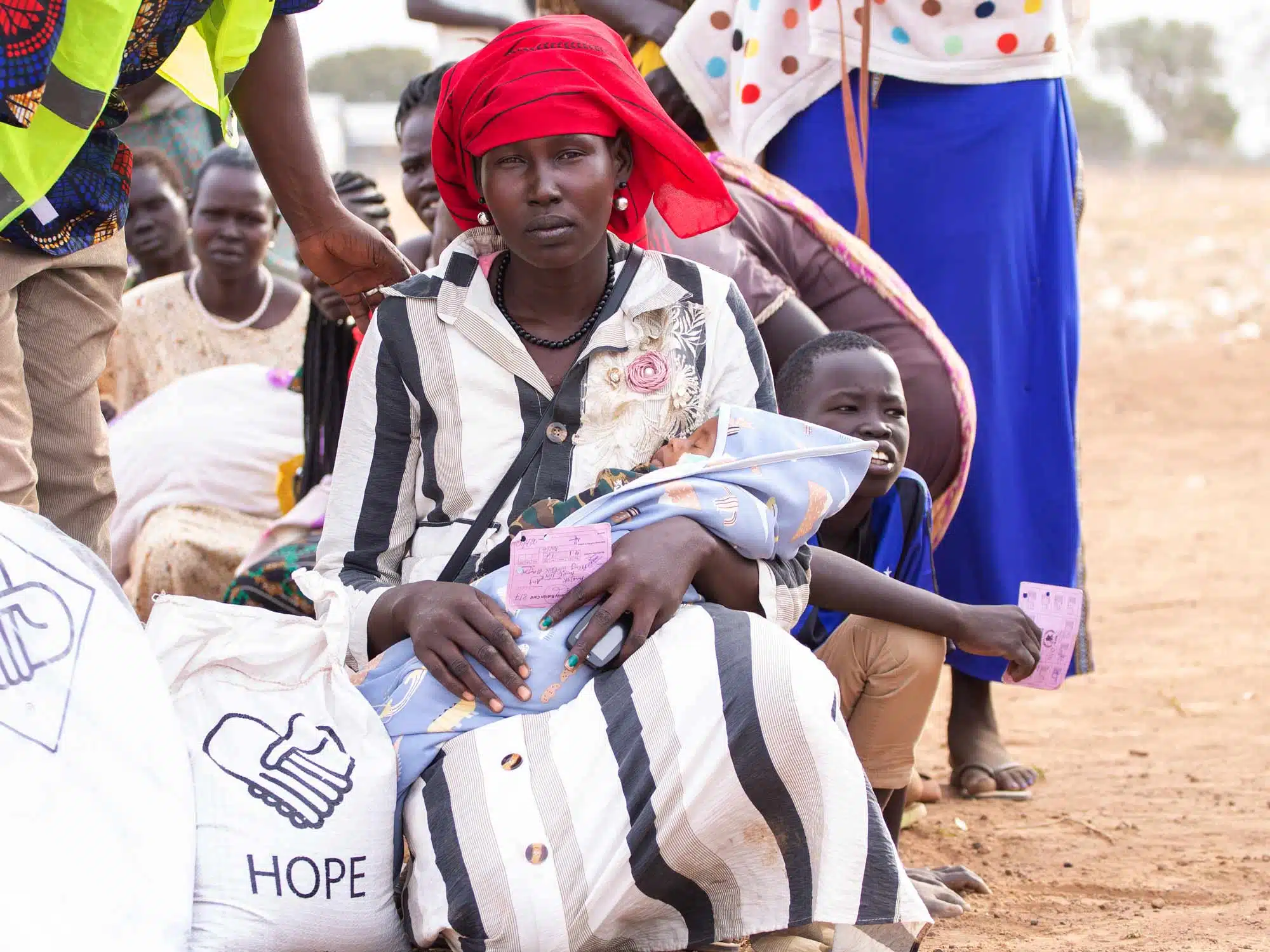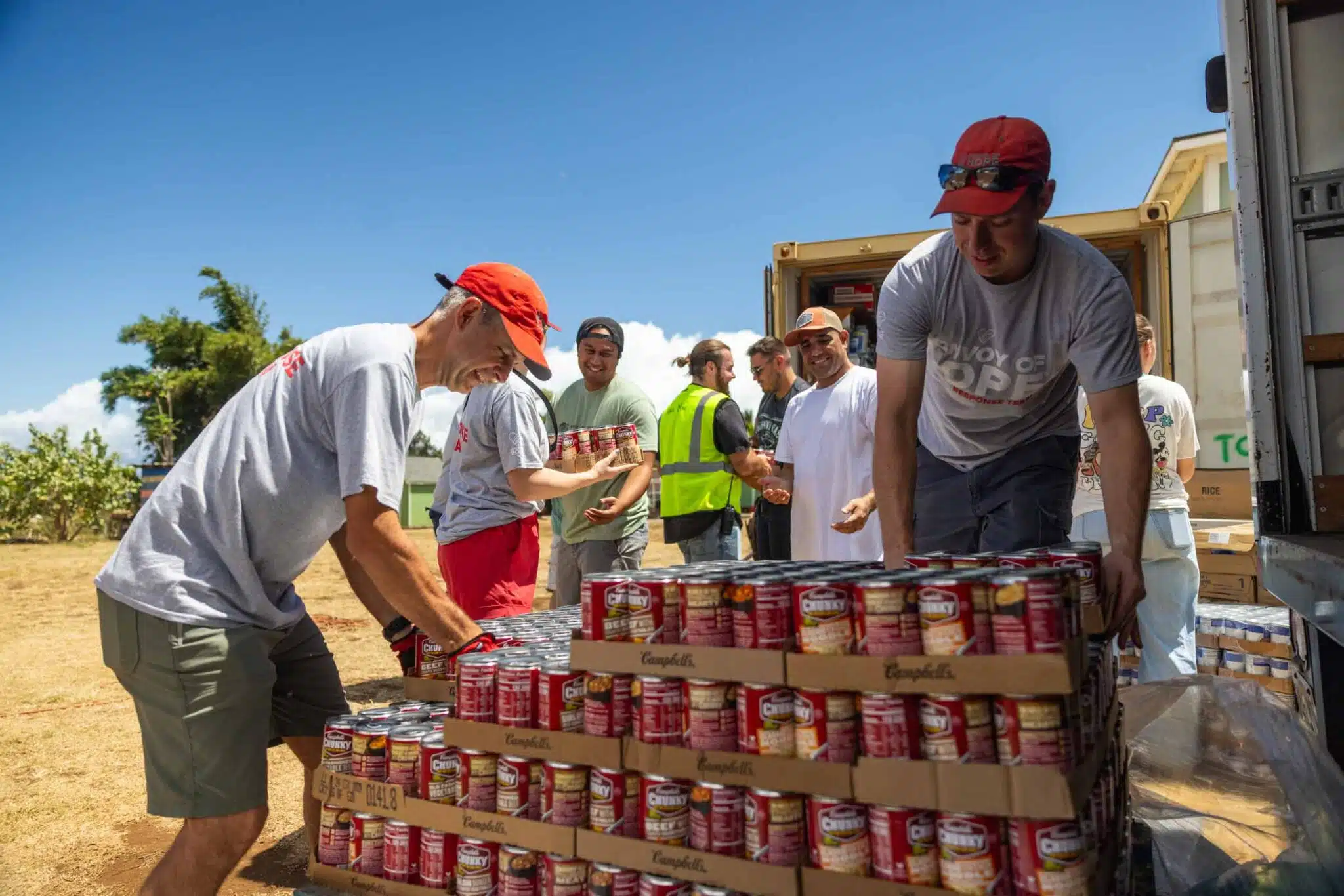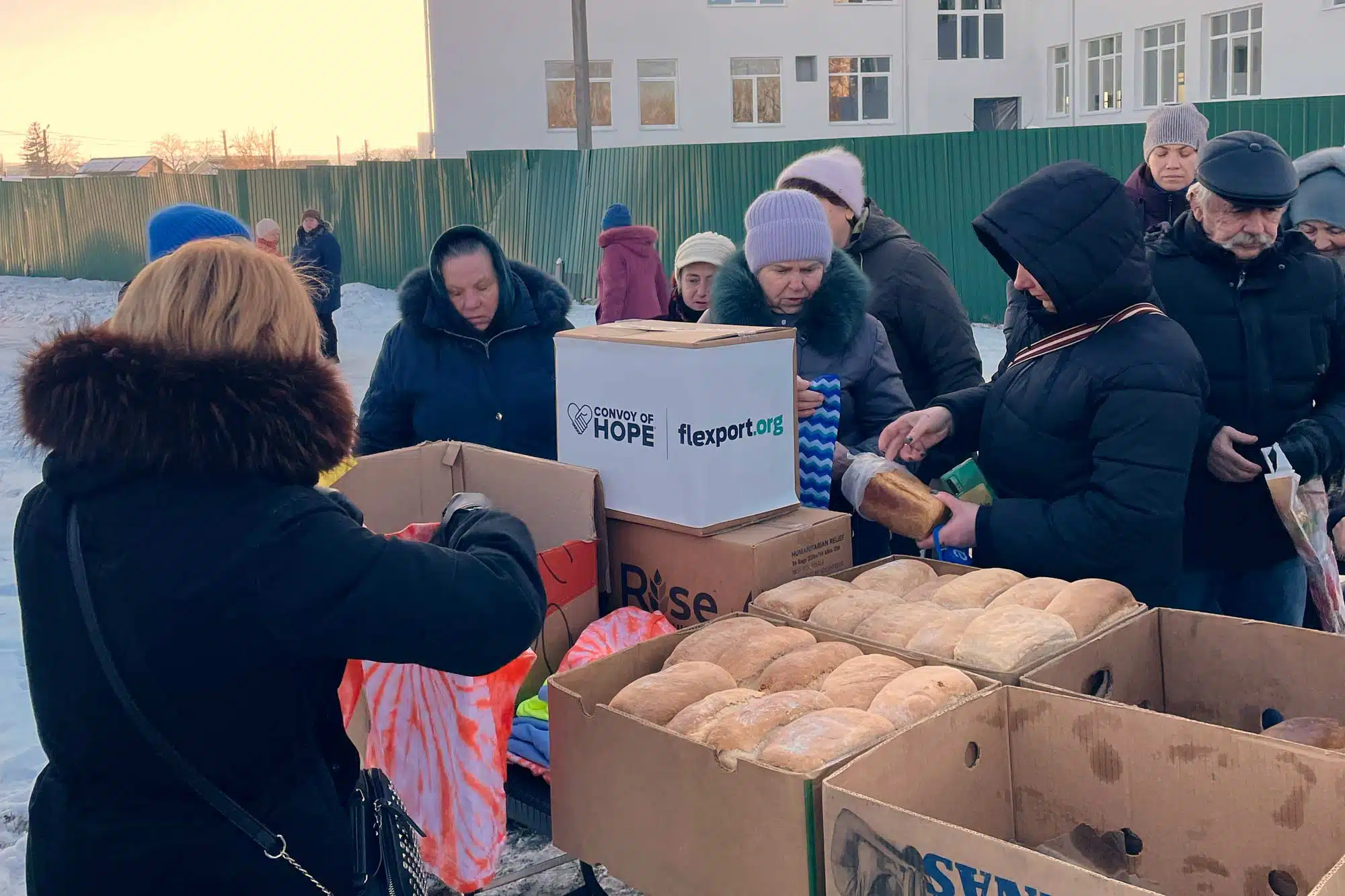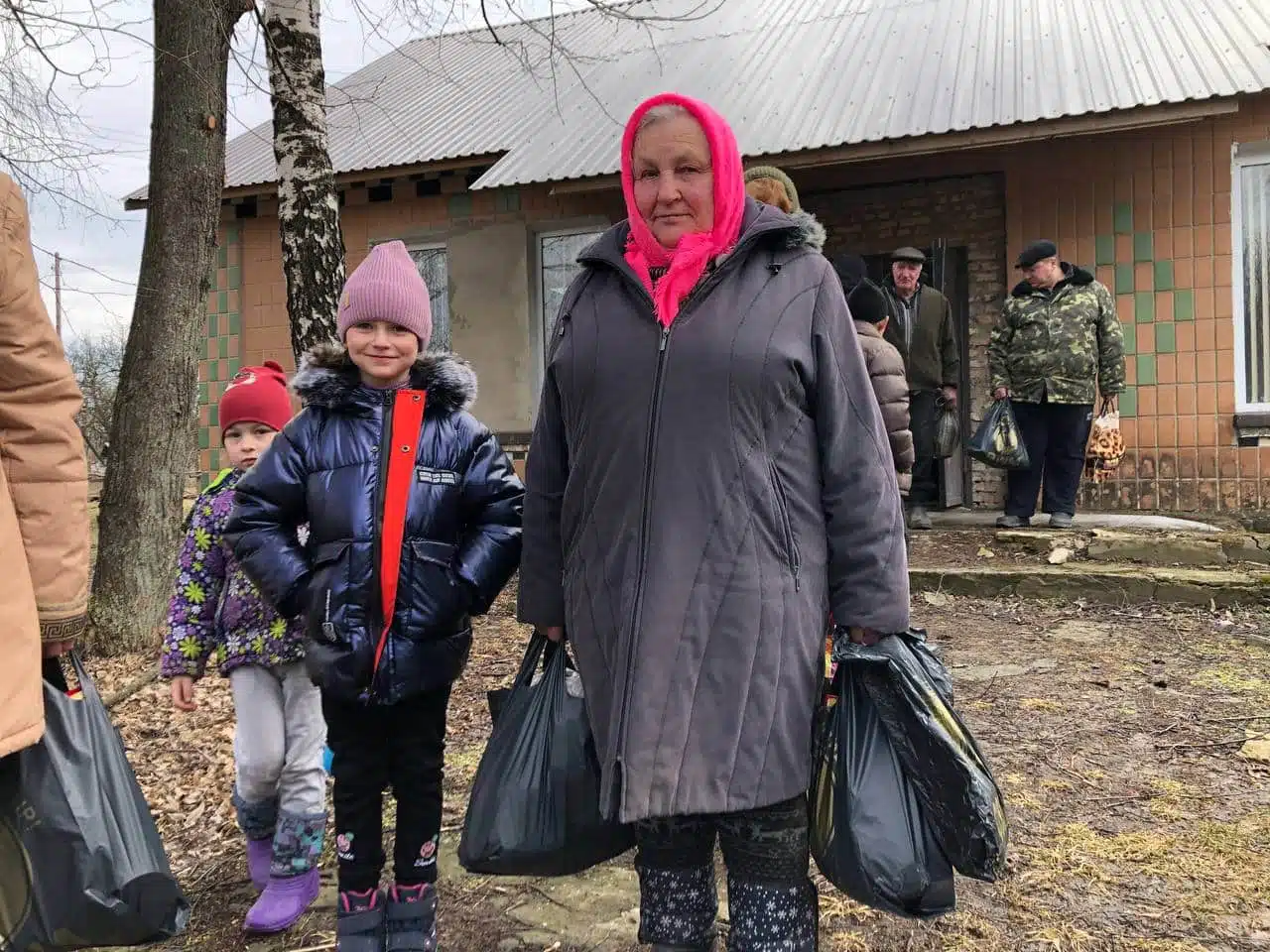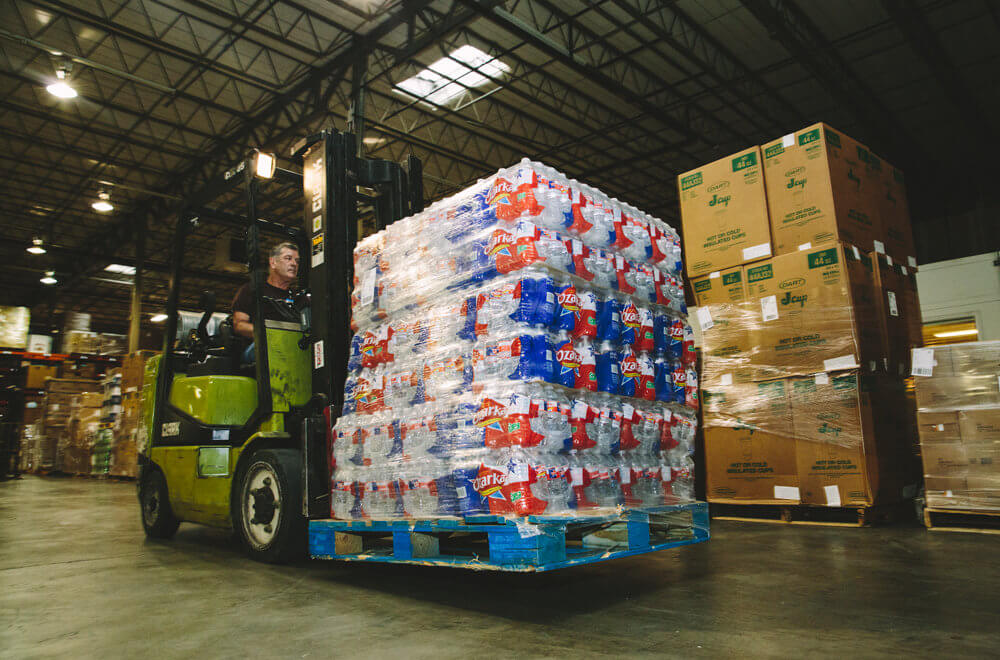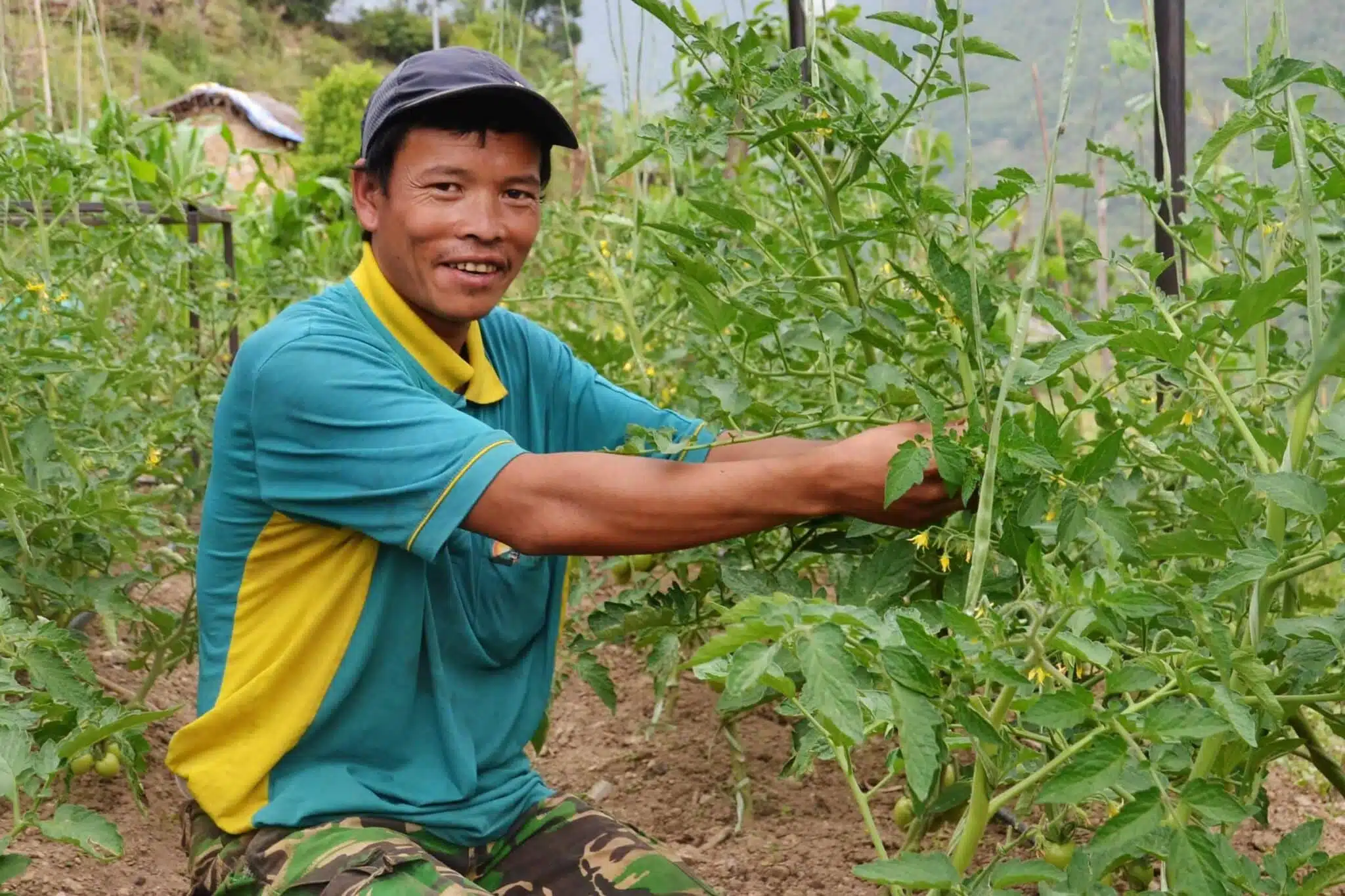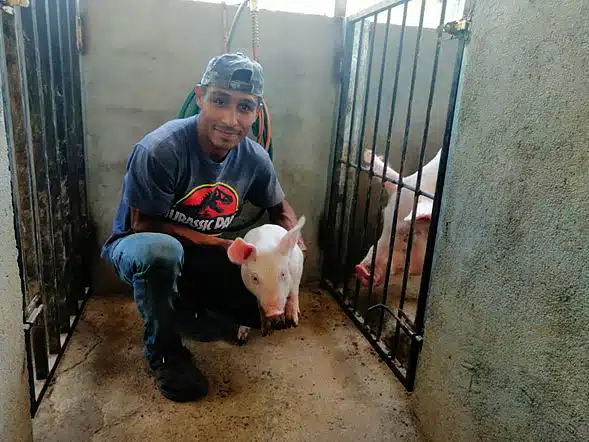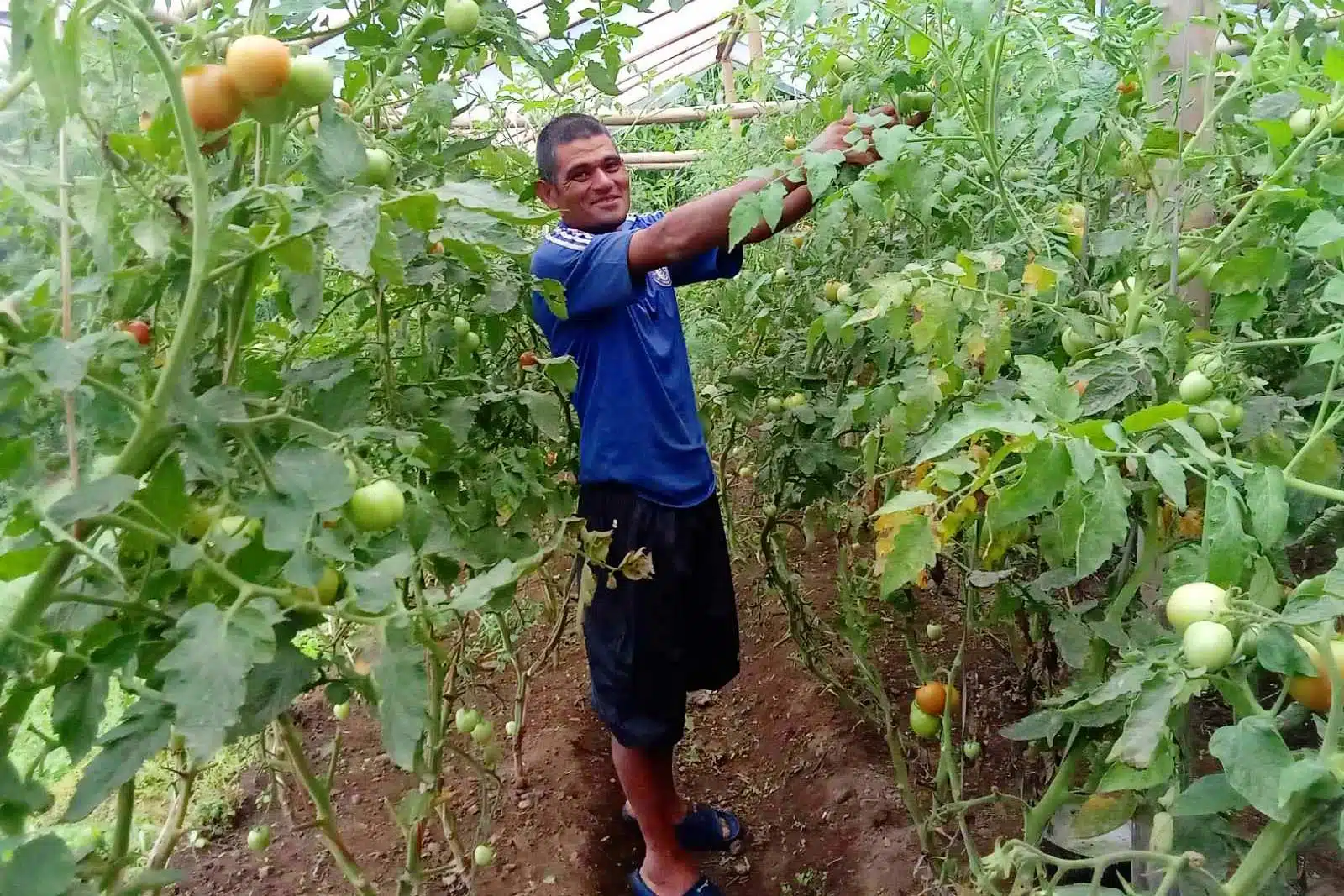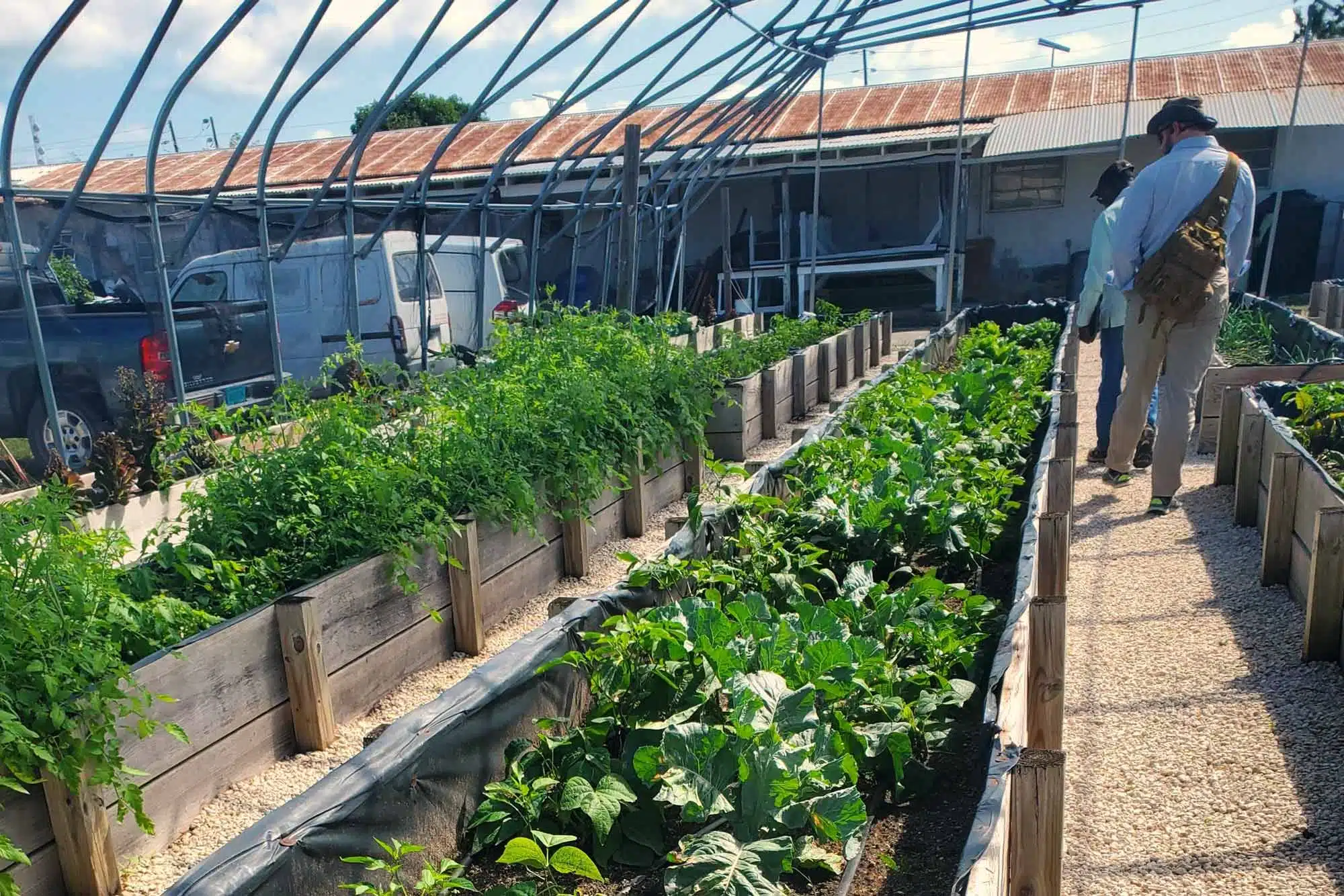
Convoy of Hope and the United States Agency for International Development (USAID) have been working together to bring food security and independence in the Bahamas. In 2019, Hurricane Dorian struck the Bahamas as a Category 5 hurricane. Convoy of Hope responded by distributing relief supplies and generators, helping with debris removal, rebuilding efforts, and clean water access.
Over the course of the relief efforts, Convoy distributed millions of pounds of food across the country. Though Convoy of Hope’s presence in the Bahamas started as hurricane relief, it has continued in the form of agriculture aid.
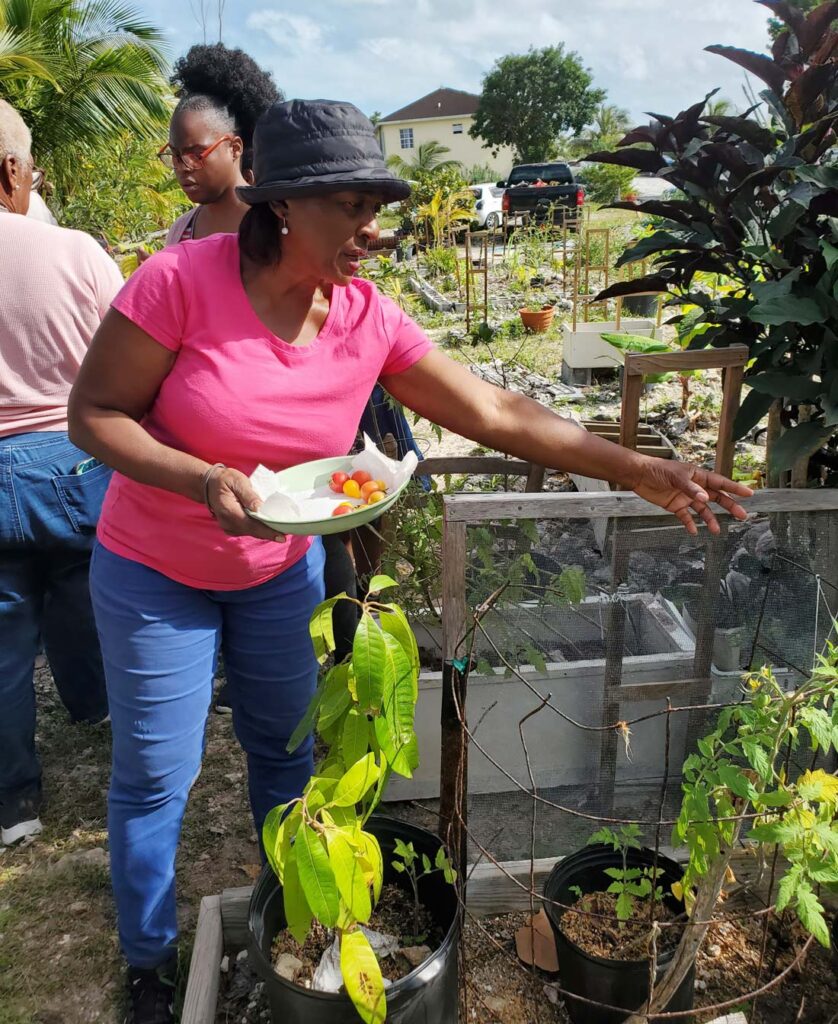
From Disaster Relief to Agriculture Training
A study in 2022 found that the Bahamas imports nearly 90% of their food, meaning most Bahamians are reliant upon imports for their food supply. If these imports were cut off, the country’s food supply would dwindle within days.
In partnership with the University of Missouri and USAID’s Farmer-to-Farmer program, Convoy of Hope is creating lasting change beyond disaster relief through agriculture.
Through Convoy’s agricultural training, specialists teach production methods that encourage sustainable practices. With improved practices and larger yields, farmers can break the cycle of poverty and give back to their communities.
Facing Challenges in Agriculture
Bahamians face many challenges when it comes to agriculture. From pests to rocky soil, they have sought answers to help overcome and produce more crops.
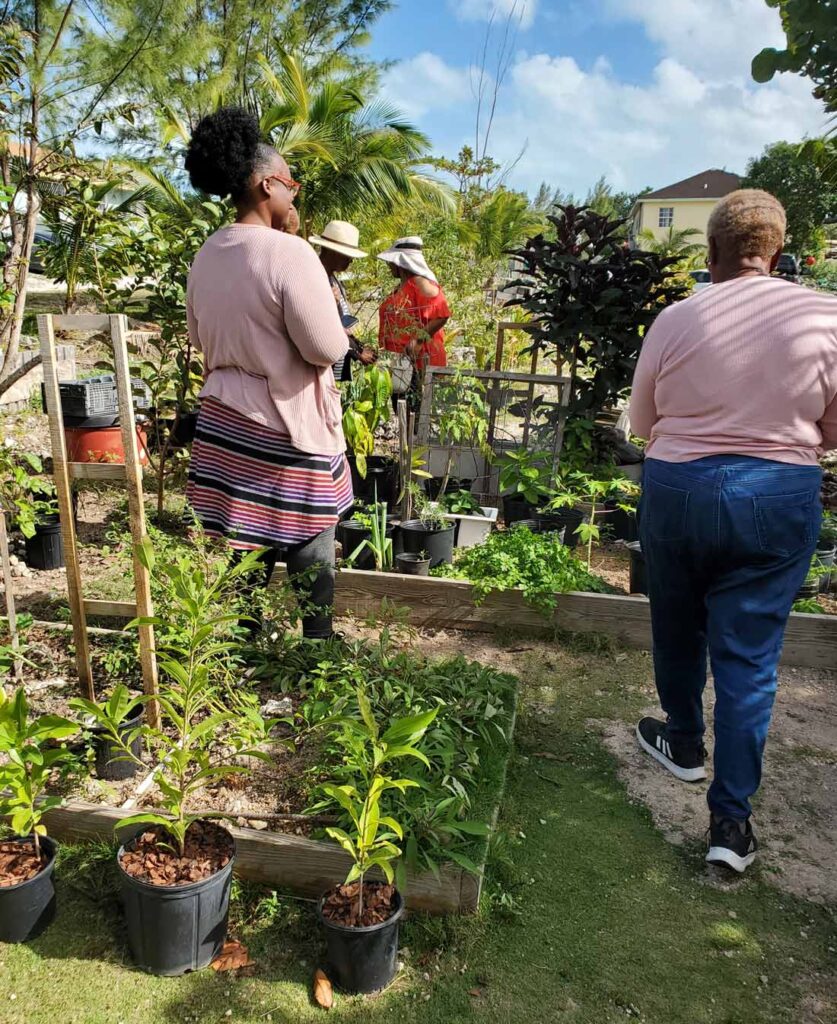
“People were so determined to overcome those challenges. It was amazing how they could creatively succeed,” said Tamra Reall, a Horticulture Specialist from the University of Missouri and an instructor in the Farmer-to-Farmer program. “[Their] creativity made me inspired to do better with my own farm.”
USAID’s Farmer-to-Farmer Program
The Farmer-to-Farmer program includes training over topics like soil preparation, weed control, pest management, cultivation, and harvesting.
“They were eager to learn,” said Kathi Mecham, a Horticulture Specialist from the University of Missouri. “People are trying to find answers, but they may not know where to look.”
The agriculture specialists who join the Farmer-to-Farmer program aren’t just there to teach — they also learn. “It was a completely different climate,” said Tamra. “It was nice for me to have to learn that, so I can be a better resource for people in the future.”
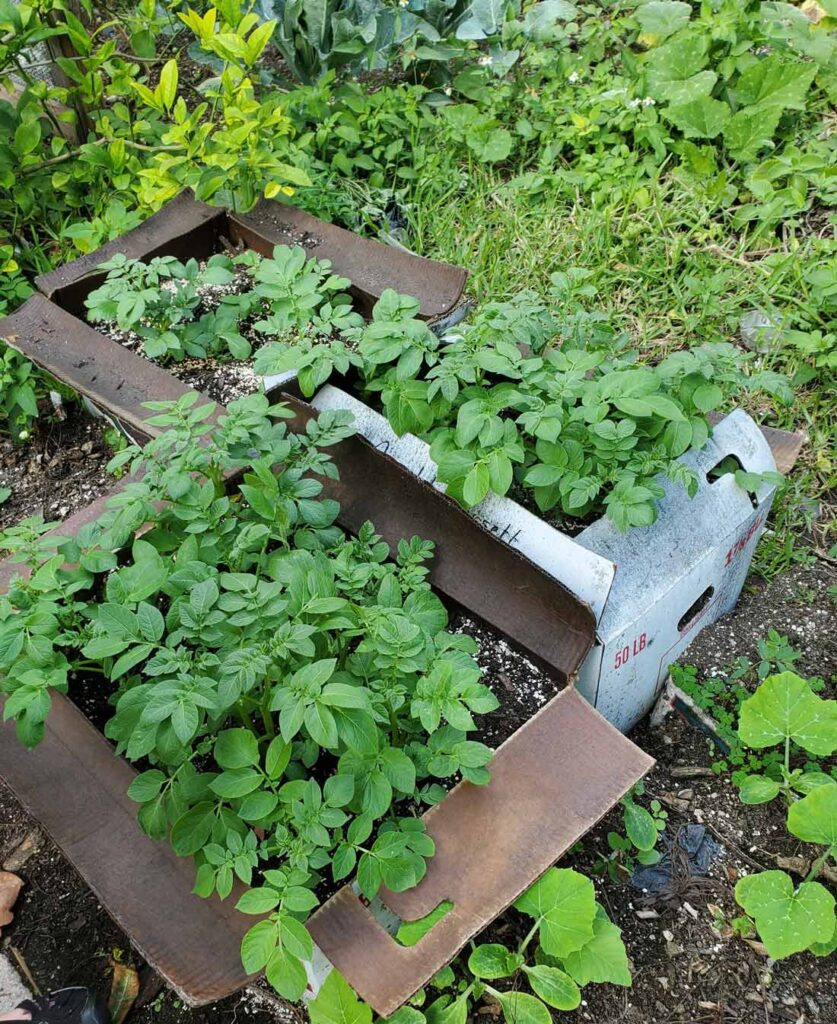
Convoy of Hope is making lasting change in the Bahamas. What started as a hurricane relief response is continuing in the form of agriculture training — teaching local farmers sustainable practices to yield more crops and break the cycle of poverty.
